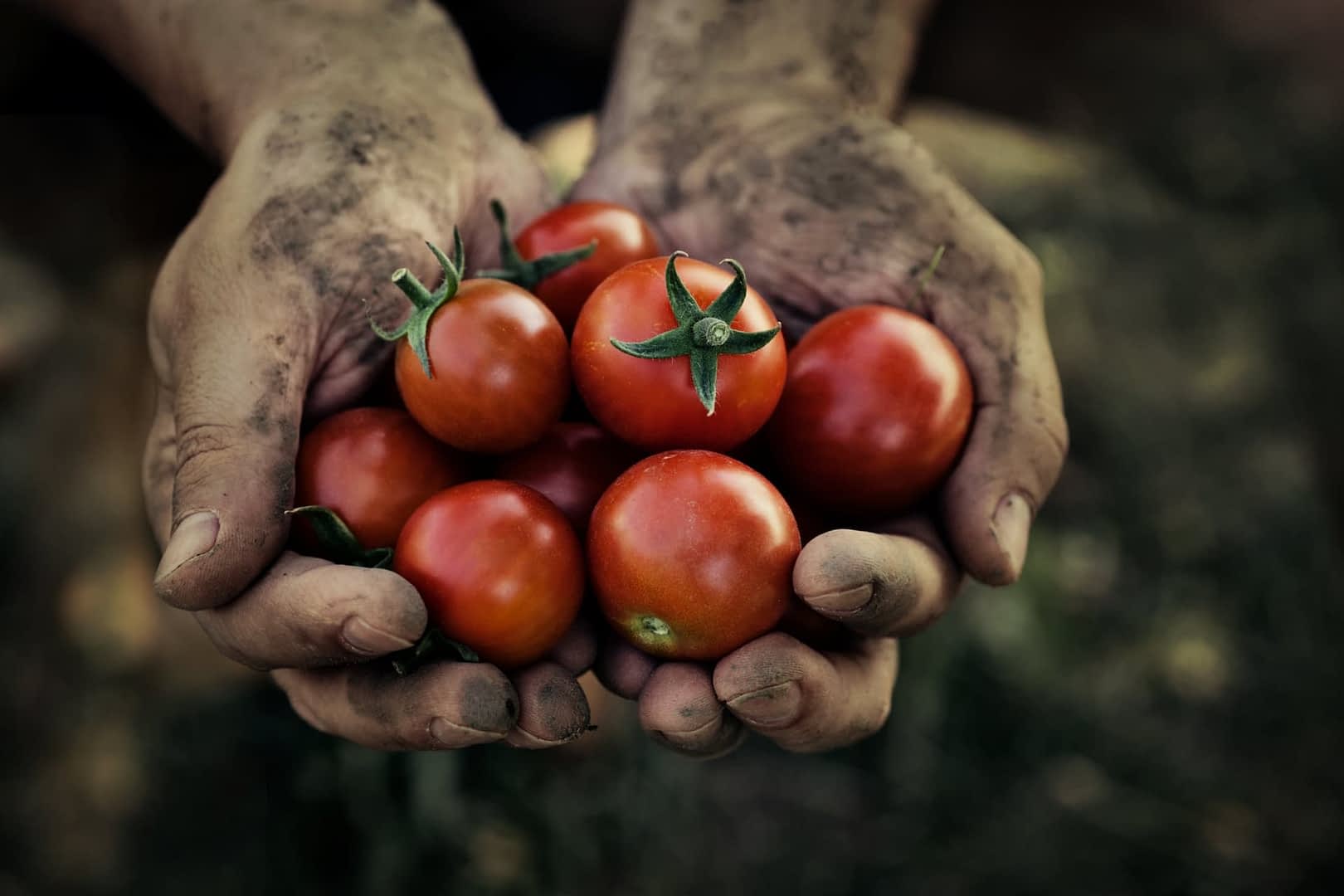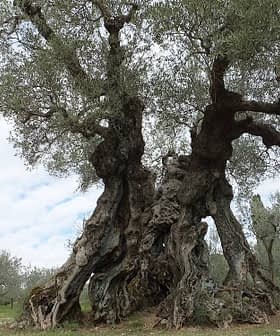A new study on sustainable strategies to stem the spread of pests and diseases in Italy has shown that organic vegetable farms can cut phytosanitary treatments by 40 percent compared to conventional farms.
The OrtoAmbiente study, financed by the northern Italian region Emilia-Romagna, measured the beneficial impact of an integrated organic approach to crop defense over the last three years.
We cannot hope to go on producing high-volume yields and high-quality products if soil fertility keeps declining.
University of Bologna researchers have shown that applying best practices, such as fostering biodiversity, can significantly reduce the use of chemicals and production costs.
The results of the study confirm the strategy of the Italian government and local farmer associations to convert more land to organic agriculture.
See Also:Studying Plant Reactions to Environmental Stressors Key to Sustainable AgricultureThe Italian government plans to convert 25 percent of the country’s farming land to organic agriculture by 2027, a massive effort fueled by more than €3 billion from the national strategic plan to implement the Common Agricultural Policy (CAP), the recovery and resilience plan and the recently approved law on organic agriculture.
More incentives in the next few years may also come from other CAP funds. Under its Farm to Fork strategy, the European Union plans to convert 25 percent of all agricultural land to organic practices by 2030.
“Organic farming is the strategic resource we need,” said Minister of Agriculture Stefano Patuanelli during a presentation in Rome dedicated to the organic expansion strategy.
According to the ministry, Europe produces enough food to be self-sufficient. Skyrocketing prices for many agricultural commodities are mainly due to speculation fueled by the uncertainties connected to the Russian invasion of Ukraine.
Elsewhere, such as in Africa, the ministry acknowledged a concerning and looming food crisis that is projected to worsen soon.
Patuanelli has described the new law and the funds as engines for a “green transition” destined to improve farming practices, food quality and promote Made in Italy products in foreign markets.
At the same event, the leading Italian organic farming associations presented a bio-decalogue of actions that should ensure that farmers are rewarded for converting to organic practices and that consumers can access organic food at an equal price.
Such actions include fiscal benefits for farms that conform with the plan, measures to promote organic farming in less developed areas and support for farms that foster biodiversity by integrating agriculture, livestock and forest activities.
The associations have also asked for closer cooperation with the restaurants, communication campaigns to inform consumers about organic agriculture, new tracking tools, simplified bureaucracy and mandatory organic farming in natural areas.
“One of the major obstacles in any strategy to transform Italian agriculture is the age of the average farmer,” Matteo Mancini, agronomist and technical coordinator for organic and regenerative agriculture at the non-government organization Deafal, told Olive Oil Times.
“In many sectors, including olive growing, most farmers are between 60 and 75 years old,” he added. “In our classes and our experience, that type of farmer is rarely interested in catching up with a new approach to farming.”
In the current scenario, where the market is quickly evolving, and the impacts of climate change are amplified, innovation and technology become essential but are often out of reach for older farmers.
Mancini said the average Italian farm is usually smaller than 11 hectares, qualifying those companies as small farming operators.
“Most of the time, such a farm cannot adopt innovative programs nor support special training for its personnel,” he said.
Be it organic farming or a more innovative regenerative approach to agriculture and soil, a generational turnover is needed.
“We live in a country that shares with many others an ongoing process of desertification,” Mancini said. “We have lost many points of organic carbon in the soil, and that boosted the desertification processes, which is now affecting between a third and a fourth of our country.”
While some of the new funds will be devoted to researching organic farming methods and creating incentives for farmers, Mancini emphasized the need for a more comprehensive approach focused on soil health.
“We cannot hope to go on producing high-volume yields and high-quality products if soil fertility keeps declining,” he said.
“Natural resources are limited, and we need to live in the most sustainable way,” said Maria Grazia Mammuccini, president of the organic food producers association FederBio, during the presentation in Rome.
Mammuccini has warned that “the overshoot day in 2022, worryingly, has been placed in May.” Earth Overshoot Day, created by the Global Footprint Network, establishes the day of a given year when humanity’s demand for natural resources exceeds what Earth can regenerate in that same year.
“This indicator is launching manifest warning signals: we only have one Earth, and we need to respect it,” she added.
According to Mammuccini, “organic agriculture is a production system that defends soil fertility, fosters biodiversity and the health of the habitat and the people.”
“It also contributes to combating climate change and stimulates the circular economy, [which is needed] to ensure a future for younger generations,” she added.
The new Italian law and the bio-decalogue presentation fueled the debate on organic agriculture which was sparked in recent weeks by Syngenta CEO Erik Fyrwald, who asked the world to shift away from organic farming.
According to Fyrwald, who heads one of the world’s largest agrichemicals producers, organic farming yields are significantly lower than those coming from conventional agriculture. He also stressed how relevant genomic editing and similar technology might be in enhancing food production in wealthier countries.
“That opinion should not come as a surprise,” Mancini said. “What we have learned in the field is that there is no magic bullet. If a solution is out there, it comes from various approaches to farming. For sure, industrial food production should focus on sustainability.”
“When compared to conventional farming, organic farming might see reduced yields between 10 and 30 percent, depending on the sector,” he added. “That is why we also need to focus on more innovative agronomic and technical approaches, such as working with soil restoration, micro-organism reproduction, bio-enhancers obtained by the production wastes and work to better the income for the farmers and reduce their costs.”
Back in Rome, Patuanelli said recent export figures pointed to demand for organic and sustainably-produced products, which he believed should galvanize the sector.
“Our food export boom reported last year, with a record turnover of €52 billion, tells us that Italian agrifood can reach high-value markets,” he said. “We should not think that today’s choice is between economically sustainable and environmentally friendly productions.”
“That is an impossible choice because each of those two kinds of sustainability, with their social impact, cannot exist without the other,” Patuanelli concluded. “We can not afford it.”









